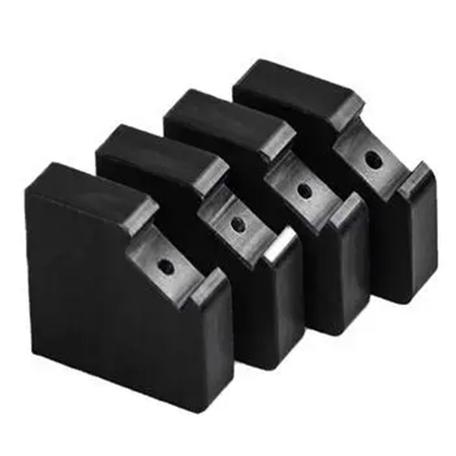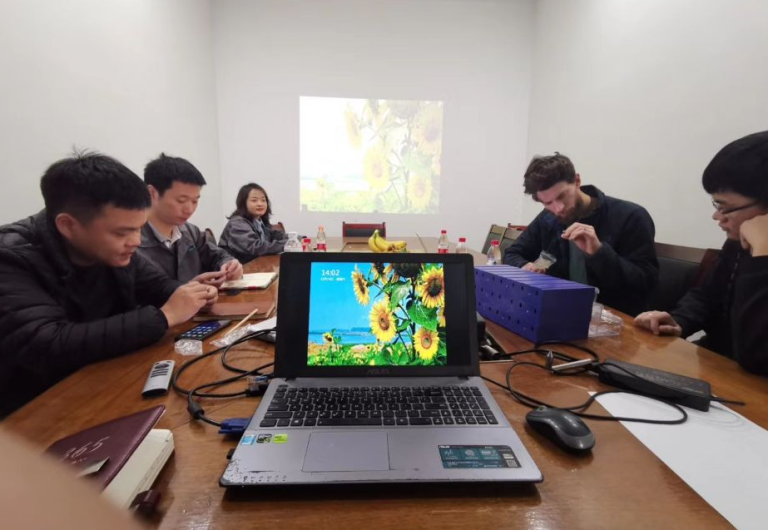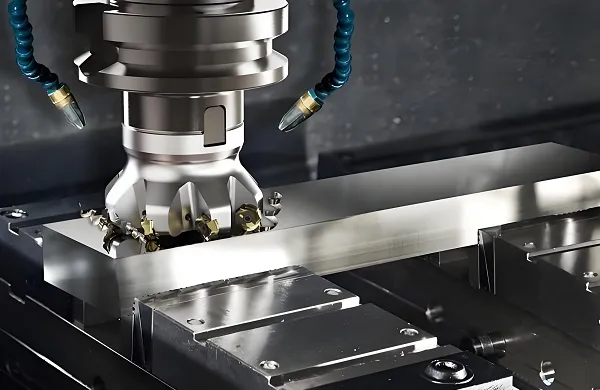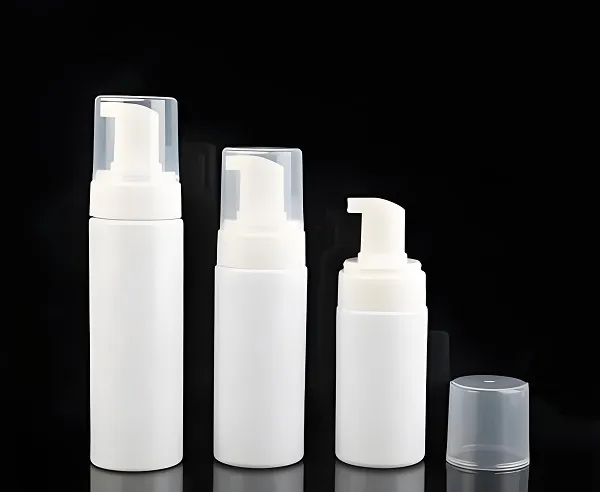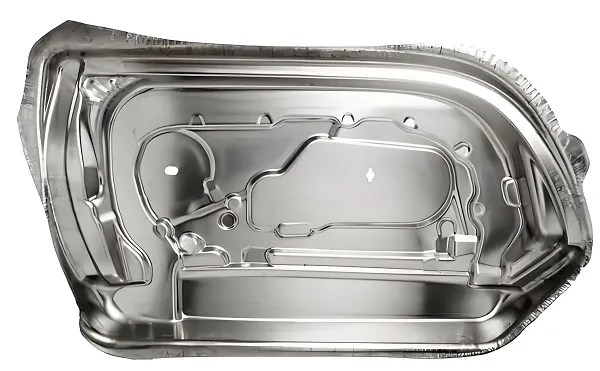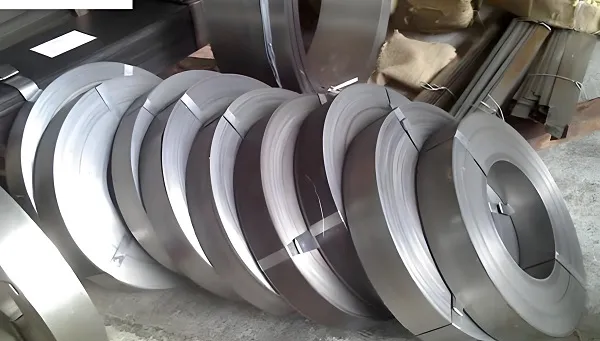From lightweight aerospace brackets to chemical-resistant medical fixtures, engineering plastics have become indispensable in modern manufacturing. Unlike commodity plastics, these high-performance materials offer strength, heat resistance, and durability that rival metals— but unlocking their full potential requires specialized machining. That’s where engineering plastic CNC machining comes in. At Goldcattle, with 26 years of expertise in polymer processing, we transform engineering plastics into precision components that power critical applications across industries. Let’s explore how CNC machining elevates engineering plastics, the materials that shine, and why Goldcattle is your trusted partner for plastic precision.
Why Engineering Plastics Need Specialized CNC Machining
Engineering plastics—such as PEEK, nylon, and polycarbonate—boast unique properties: high tensile strength (up to 100 MPa), chemical resistance, and low friction. But these same traits make them tricky to machine: they’re prone to heat buildup, can warp under stress, and require sharp tools to avoid chipping. Generic machining methods fall short, but precision CNC machining solves these challenges with controlled processes, specialized tooling, and expert programming—delivering parts that meet tight tolerances and perform reliably in demanding environments.
Key Engineering Plastics & Their Machining Sweet Spots
Not all engineering plastics are created equal. Each material demands specific machining strategies to maximize performance.
PEEK (Polyether Ether Ketone): The High-Temp Champion
PEEK thrives in extreme conditions: it withstands temperatures up to 260°C (493°F), resists chemicals, and offers biocompatibility—making it ideal for medical implants and aerospace components . Machining PEEK requires high-speed spindles (10,000–15,000 RPM) and carbide tools to avoid melting, as its low thermal conductivity traps heat. Goldcattle’s coolant systems (delivering 5–10 L/min) prevent thermal warping, producing PEEK valve seats with ±0.005mm tolerance for a pharmaceutical client’s chemical processing equipment.
Nylon (Polyamide): Wear-Resistant Workhorses
Nylon (especially glass-filled grades) offers excellent impact resistance (10–20 kJ/m²) and low friction, perfect for gears, bushings, and wear pads . Machining nylon requires sharp tools to cut cleanly through glass fibers, which can dull blades quickly. Our diamond-coated end mills reduce tool wear by 40%, while controlled feed rates (500–800 mm/min) prevent “gumming” on part surfaces. A recent project for an automotive client saw us produce glass-filled nylon gear hubs with a Ra 0.8μm surface finish, reducing noise in transmission systems by 15%.
Polycarbonate (PC): Transparent Strength
PC combines optical clarity with impact resistance (25 kJ/m²), making it a star in lenses, light covers, and safety shields . Machining PC demands gentle handling to avoid scratching or cracking its brittle surface. Goldcattle uses low-pressure clamping and polished tools to create PC light guides with ±0.01mm dimensional accuracy for a lighting manufacturer, ensuring uniform light distribution.
POM (Acetal): Low-Friction Precision
POM’s self-lubricating properties (coefficient of friction 0.2) and dimensional stability make it ideal for bearings and precision gears . Its low melting point (175°C) requires coolants during machining to prevent softening. We recently machined POM cam followers for a robotics client, achieving 0.002mm parallelism to ensure smooth, consistent motion in assembly lines.
Engineering Plastic CNC Machining: The Goldcattle Process
Our workflow is fine-tuned to turn raw plastic stock into flawless components:
1. DFM: Design for Plastic Success
We start with Design for Manufacturability (DFM) analysis, optimizing your part to avoid common plastic pitfalls. For example, we’ll recommend uniform wall thickness (±0.5mm) to prevent warping and add 0.5mm radii to sharp corners to reduce stress cracks during machining.
2. Material Prep & Tooling
Raw plastic sheets or rods undergo inspection for defects (like air bubbles in PC) before cutting. We select tooling based on material: carbide for PEEK, diamond-coated for glass-filled nylon, and high-speed steel for POM—ensuring clean cuts and minimal waste.
3. CNC Programming: Precision in Code
Our engineers write programs with micro-adjustments: slower feed rates for heat-sensitive PEEK, faster speeds for rigid PC, and spiral toolpaths to reduce chip buildup. For complex parts (like PEEK manifolds with 10+ holes), 5-axis CNC machining eliminates repositioning, maintaining ±0.003mm hole-to-hole tolerance.
4. Machining with Control
Our CNC mills and lathes (equipped with thermal compensation) adjust for plastic expansion/contraction in real time. Coolant systems target the cutting zone to keep temperatures below the material’s glass transition point (e.g., 145°C for PC), preventing distortion.
5. Quality Inspection
Every part undergoes rigorous checks: CMMs verify dimensions, surface roughness testers ensure Ra values as low as 0.02μm, and visual inspections catch micro-cracks. Critical medical parts (like PEEK surgical guides) undergo 100% inspection to meet ISO 13485 standards.
Applications: Where Machined Engineering Plastics Shine
Medical Devices
PEEK spinal implants and PC surgical instrument handles demand biocompatibility and precision. Goldcattle’s machined PEEK bone screws, with 0.01mm thread accuracy, integrate seamlessly with patient anatomy—recently approved for use in orthopedic surgeries.
Aerospace & Defense
Lightweight nylon brackets and PEEK cable guides reduce aircraft weight while withstanding cabin pressure. Our 5-axis machined PC instrument panels, with 0.02mm flatness, ensure clear readability in high-vibration environments.
Industrial Machinery
POM bearings and nylon wear strips reduce friction in conveyor systems. A manufacturing client replaced metal gears with our glass-filled nylon versions, cutting noise by 20% and lowering maintenance costs by 30%.
Electronics
PC enclosures and PEEK insulators protect sensitive circuits from heat and chemicals. Goldcattle’s machined PC phone charger housings, with precise port cutouts (±0.05mm), ensure a snug fit for cables.
Why Goldcattle Leads in Engineering Plastic CNC Machining
- Material Expertise: We know how to machine every engineering plastic, from standard nylons to exotic PEEK, with strategies tailored to their unique properties.
- Advanced Equipment: 5-axis CNC mills, high-speed spindles, and specialized tooling deliver tight tolerances (±0.001mm) and flawless finishes.
- Quality Certifications: ISO 9001 and ISO 13485 certifications guarantee compliance with industrial and medical standards.
- Rapid Turnaround: Prototypes in 3–5 days, production runs in 2–4 weeks—even for complex geometries.
FAQs About Engineering Plastic CNC Machining
Q: What’s the tightest tolerance achievable for machined engineering plastics?
A: For stable materials like POM or glass-filled nylon, we achieve ±0.001mm tolerance. More flexible plastics (like unfilled nylon) typically hold ±0.005mm due to slight post-machining shrinkage .
Q: Can you machine large engineering plastic parts?
A: Yes! Our CNC mills handle parts up to 1000mm x 600mm x 500mm, such as PC machine guards or nylon structural panels, with consistent precision.
Q: How do you prevent plastic parts from warping after machining?
A: We use stress-relieved material stock, control cutting temperatures with coolants, and design parts with uniform thickness—recently reducing warpage in large PEEK plates to under 0.1mm/m.
Q: What post-processing options do you offer?
A: We provide polishing (for transparency), annealing (to reduce residual stress), and surface treatments (like anti-static coatings) to enhance performance.
Q: Is CNC machining better than injection molding for small-batch plastic parts?
A: For volumes under 1,000 units, CNC machining avoids expensive mold tooling, offering faster turnaround and design flexibility. We often use it for prototypes before scaling to molding.
Ready to Transform Your Engineering Plastic Project?
Engineering plastics offer endless possibilities— but only with the right machining partner. At Goldcattle, we combine technical expertise, advanced equipment, and material knowledge to turn your designs into precision components that perform under pressure.
Visit https://www.xmgoldcattle.com/ to upload your CAD file or request a material consultation. Let’s craft plastic parts that redefine what’s possible.
Got a challenging engineering plastic project? Share your requirements below—our polymer machining experts are ready to help!
